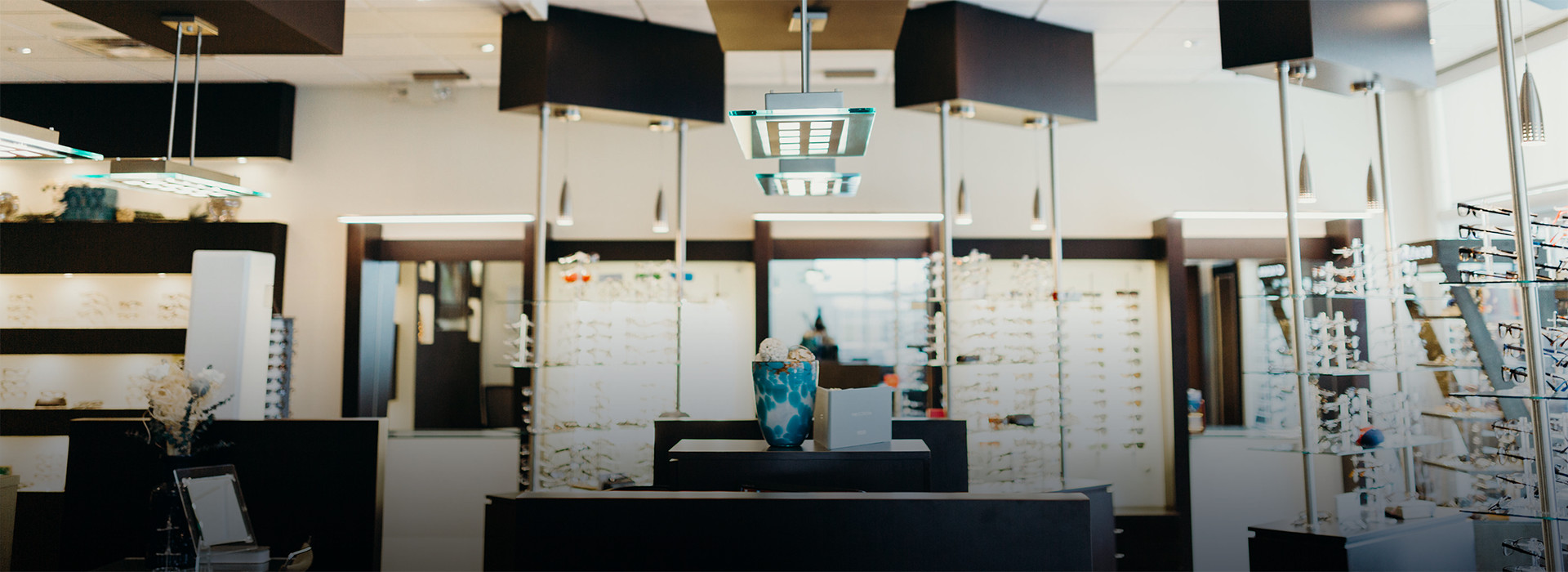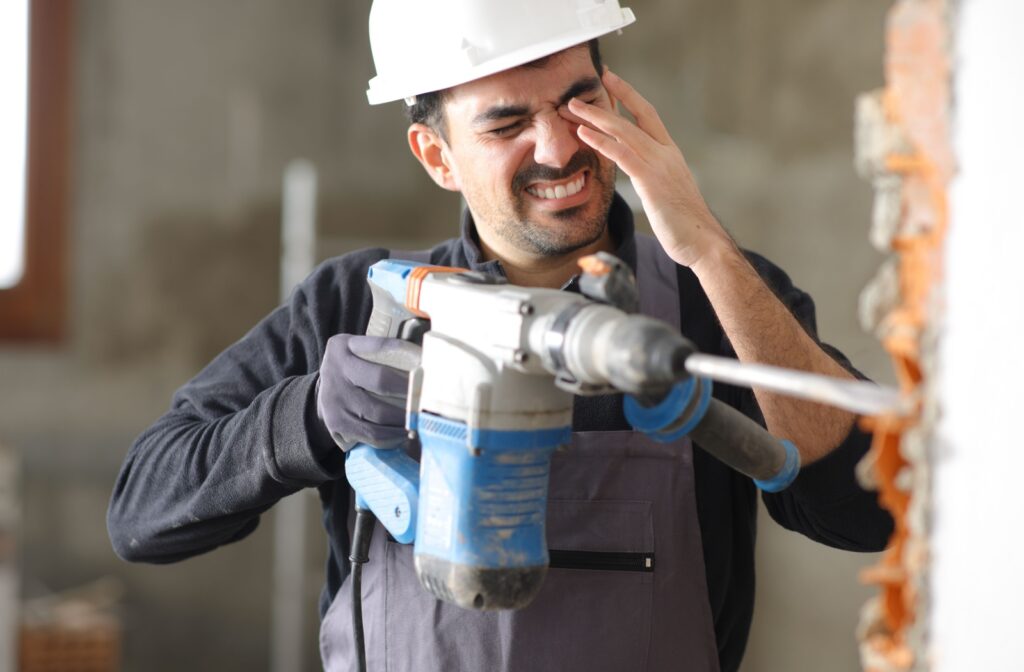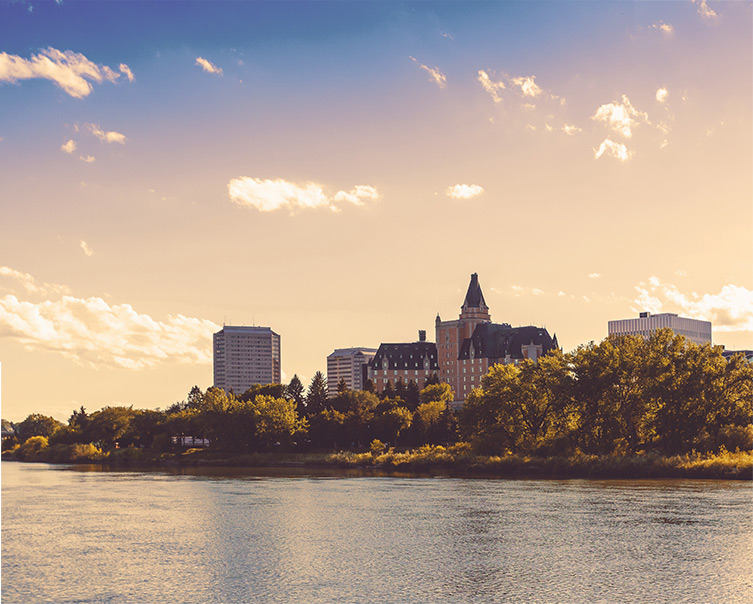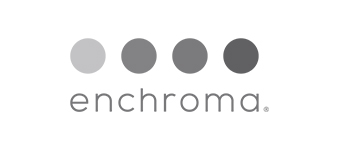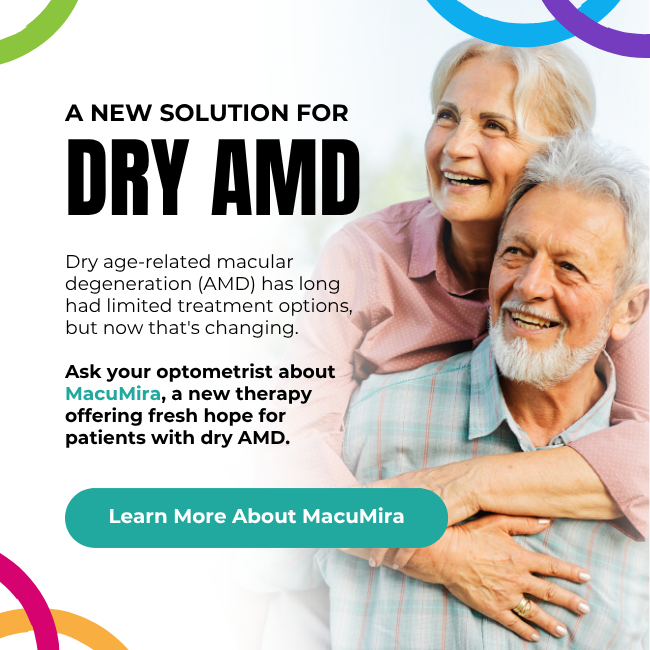An eye injury or a sudden change in your vision can be alarming. When something like this happens, it’s easy to feel unsure about what to do next. You might wonder if you should rush to the hospital or if there’s another option for emergency eye care.
Understanding your choices can help you get the right help quickly. For most eye emergencies, your first call should be to your local optometrist for immediate assessment and care. We are equipped to handle a wide range of urgent eye health issues right in our clinic.
Recognize an Eye Emergency
Knowing what counts as an eye emergency can help you act fast. Watch for new or severe symptoms that don’t improve, such as sudden changes in vision, intense pain, or something stuck in your eye. These usually mean you should call for professional care right away.
Sudden Vision Changes
Sudden changes to your sight are a reason to seek care. This isn’t just about blurry vision that comes and goes. Watch for specific, persistent symptoms.
- Flashes of light or new floaters
- A curtain or shadow in your field of vision
- Sudden loss of vision in one or both eyes
Eye Pain & Injury
Pain is your body’s way of telling you something is wrong. An eye injury from an accident or a foreign object requires prompt assessment. Don’t ignore these signs.
- Severe eye, head, or brow pain
- An object stuck in your eye
- Cuts or scratches on your eye or eyelid
Redness & Irritation
While some redness can be minor, intense or persistent symptoms can point to a more serious issue. Look for a combination of signs that don’t improve. These symptoms often need a closer look.
- Extreme redness or swelling
- Discharge or crusting
- Unusual light sensitivity
Your Optometrist Can Help with Eye Emergencies
Your optometrist is often the best first call for most eye-related emergencies. Our team has the tools to examine your eyes in detail, explain what’s happening, and guide you on the right treatment or referral if needed.
Immediate & Accessible Care
We can often see you on short notice for an urgent issue. This can help you get a diagnosis and start a treatment plan sooner. Our focus is entirely on eye health.
Proper Equipment for Eye Health
Our clinic has technology designed specifically to look at the structures of your eye. This level of detail is a key part of a comprehensive eye exam and allows us to see things that may not be visible in a general care setting. This helps us find the source of the problem.
Referrals When Needed
If your condition requires care from another medical professional, we can help. We can assess your situation and make the appropriate referral. We work to get you to the right place for your specific needs.
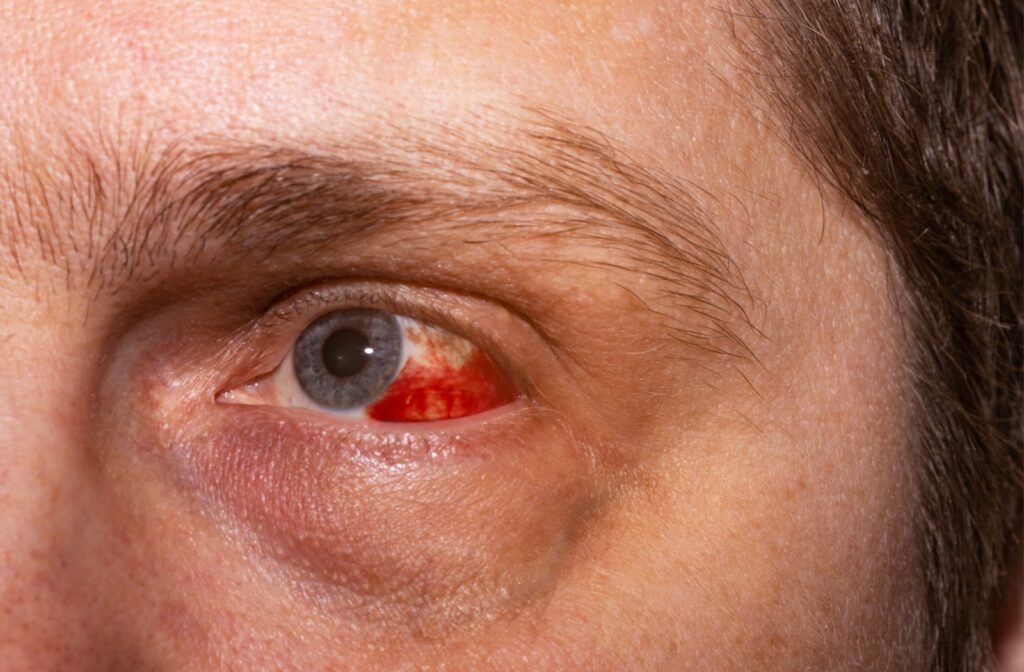
Your Optometrist or the Hospital?
When an eye problem happens, it’s not always obvious where to go. For most eye-related issues, start by calling your optometrist first. We have the tools to examine your eyes right away and often save you a trip to the ER. Some injuries, though, still need hospital-level care.
When to See Your Eye Doctor First
Come to us first for most problems that affect only your eyes—like infections, small foreign objects, or sudden vision changes. We’re your first line for emergency eye care.
When a Hospital Visit is Necessary
Go straight to the emergency room if you’ve had a strong chemical splash, a large object in the eye, or an eye injury that comes with other serious medical symptoms. These situations need hospital-level care right away.
Before You See Us: Quick Steps to Protect Your Eyes
The moments after an eye injury matter. Here’s what you can do to protect your eyes—and what to avoid—before you get professional care.
First Steps After an Eye Injury
It’s natural to want to rub your eye when it’s irritated, but that can make things worse.
- Do not rub or press on your eye or try to remove anything that’s stuck — it can scratch or damage the surface.
- If you’ve had a chemical splash, rinse your eye right away with clean water or saline for at least 10–15 minutes, then seek urgent care.
- Skip over-the-counter drops unless we’ve advised you to use them.
Note Your Symptoms
Details like sudden vision changes or the level of pain can help us quickly understand what’s going on and decide the best next steps for your care.
Prepare for Your Visit
If you wear contact lenses, bring your case and your glasses so you have a safe backup. It’s also smart to arrange a ride, as your eyes may be blurry or sensitive after the visit or treatment.
Eye Care & Follow-Up After an Emergency
Once the urgent issue is taken care of, we’ll focus on long-term vision protection.
A personalized follow-up plan and regular comprehensive eye exams help us monitor your recovery and keep your eyes healthy over time.
Schedule Comprehensive Eye Exams
Follow-up visits and comprehensive eye exams let us track your healing progress and catch any new concerns early, helping to keep your recovery on track.
Discuss Long-Term Eye Health
We’ll review your overall eye health and discuss any ongoing conditions—like dry eye or glaucoma—so we can manage them together and protect your vision over the long run.
Update Your Glasses or Contacts if Needed
If your prescription has changed after the emergency, we can fit you for new contact lenses or help you choose updated glasses from our eyewear collection.
Your Vision Matters, Let Us Help Protect It
At Pinehouse Eyecare in Saskatoon, we believe your eyes deserve timely, compassionate care, especially when something feels off. Whether what you’re experiencing feels urgent or you’ve been putting off a check-up, we’re ready to help you see clearly and feel confident about your eye health.
If you’ve noticed a sudden change in vision, an eye injury, or just don’t feel right in your eyes, don’t wait. Call us or book an appointment — we’ll walk you through what’s happening, get you in as soon as we can, and partner with you in finding the right solution. Because when it comes to your sight, being proactive matters.
We look forward to caring for your eyes. Contact us today.

